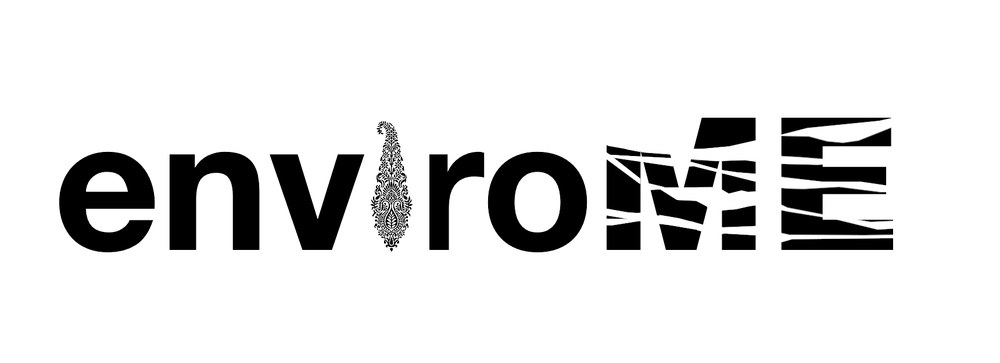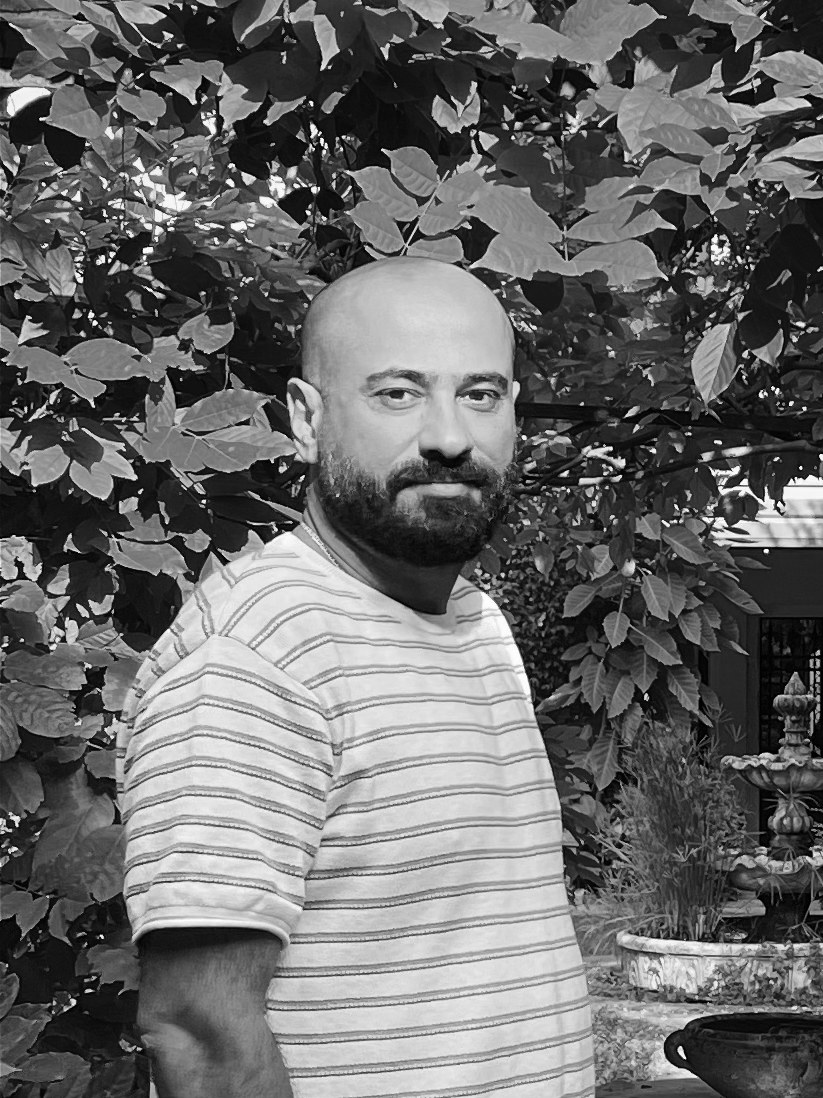Working Group on Environment and Collective Agency in the Middle East

The Middle East is in the midst of a deepening environmental breakdown that poses urgent threats to human security, public health, and socio-ecological continuity. Water stress affects over 80% of the population, undermining agriculture and livelihoods. Temperatures are rising at more than twice the global average, driving extreme heatwaves, displacement, and resource stress. The region’s dependence on fossil fuels—along with widespread pollution, land degradation, plastic waste, and the environmental toll of oil extraction, war, and armed conflict—is pushing ecosystems and communities to a critical point. These pressures are further intensified by inadequate infrastructure and energy inequality, compounding existing vulnerabilities. Despite the severity of these challenges, responses are often shaped by elite or foreign interests, leaving a gap in regionally grounded, care-oriented solutions.
Environmental degradation in the Middle East is neither an isolated phenomenon nor purely a technical or natural issue. Rather, it unfolds within a broader historical context shaped by entwined global power relations and entrenched local regimes—propelled by rampant extractivism, militarization, structural inequalities and systemic repression under authoritarian rule and technological control. Acknowledging the material, emotional, and political layers at play remains essential for envisioning meaningful alternatives that foster livable, interconnected futures.
enviroME
The enviroME working group explores the intensifying environmental breakdown in the Middle East as an entangled political and historical process. Rather than framing the region exclusively in terms of crisis or vulnerability, we highlight the interconnected nature of ecological degradation, forced migration, health disparities, and infrastructural collapse and emphasize practices that resist neglect, and cultivate life amid environmental, political, and social ruin.
Challenging externally imposed models of development, aid, and security, this working group emphasizes political and practical alternatives grounded in local knowledge, mutual interdependence, grassroots forms of repair, and regionally-rooted cross-border solidarities—framing these as essential foundations for reimagining human security and environmental futures in the region. enviroME focuses on building transregional dialogue and co-developing strategies that draw on a range of critical practices—from environmental justice and feminist analysis to grassroots organizing and digital activism.
It fosters collaborative inquiry, public dialogue, and knowledge co-production through workshops, publications, and alliances that bridge academic, activist, and community contexts. Grounded in a commitment to scholarly depth, regional relevance, and political and ecological responsiveness, the initiative actively engages underrepresented voices and practices to unsettle dominant narratives and put forward inclusive, context-specific alternatives. The format and scope of these contributions remain intentionally open-ended, allowing them to evolve in response to shifting collaborations, emerging needs, and available resources.
Core Focus
- Mapping Environmental Breakdown as Interconnected Disruption—We explore how environmental degradation in the Middle East results from overlapping systems of extractivism, repression, and infrastructural neglect—framing it not as an isolated crisis but as a political and ecological condition shaped by both global and regional forces. This understanding is central to building grounded responses rooted in care and collective agency.
- Health, Well-Being, and the Infrastructure of Life — In the face of accelerating environmental breakdown, infrastructures such as water, energy, digital technologies and networks, and communication systems—as well as social and cultural processes—are critical to sustaining life and collective resilience. Far from being neutral or isolated, these systems are deeply embedded in struggles over survival, care, and political agency. We examine how environmental degradation intersects with the neglect, weaponization, and unequal distribution of these infrastructures, while also tracing how communities reclaim and repurpose them to forge pathways of resistance and transformation.
- Environmental Agency and Transnational Solidarities — Environmental breakdowns in the Middle East create spaces for grounded practices of care, resistance, and repair. We center community-led initiatives that reclaim agency, confront dispossession, and foster dignity and resilience through locally anchored, transnationally connected forms of environmental action.
- Displacement, Mobility, and Cross-Border Alliances—Environmental breakdowns—such as water scarcity, land degradation, and climate-driven disasters—are increasingly shaping patterns of forced migration and displacement across the Middle East. We map these evolving trajectories to better understand how environmental stress intersects with political repression, economic instability, and conflict. At the same time, we explore how displaced communities build networks of mutual support, care infrastructures, and cross-border alliances that challenge fragmented state responses and humanitarian containment.
enviroME Team
|
Dr. phil. Nassim Mehran is an urban sociologist and postdoctoral researcher at Charité–Universitätsmedizin Berlin. Committed to inter- and transdisciplinary collaboration, she critically engages with the ethical and methodological complexities of researching the social ecology of health and care in urban contexts. Her work focuses on vulnerabilities and inequalities as they are shaped by intersecting processes such as urban infrastructural collapse, environmental breakdown, and migration. |
|
|
|
Dr. Ali Jaafar is an environmental specialist with a background in science and media. He holds a PhD in Ecology and a Master’s degree in Engineering from RUDN University in Russia, and earned his Bachelor's degree at the Technical University of Baghdad. His research focuses on sustainability, water systems, and ecosystem resilience in conflict-affected regions. For over a decade, Ali worked in journalism, producing content on a wide range of topics, including environmental degradation, climate change, and forced migration in the Middle East. His work bridges scientific research, media, and advocacy to raise awareness of environmental crises and promote regional cooperation. |
Contact
Get involved and contact us using this email:


